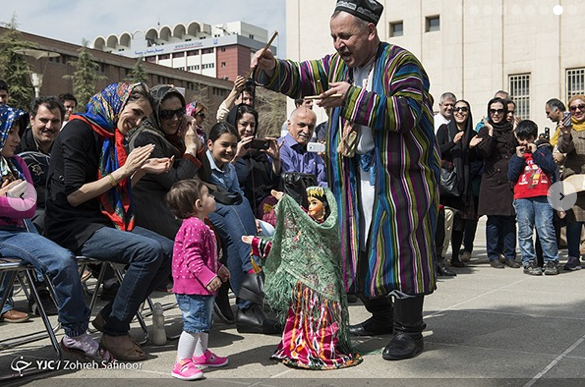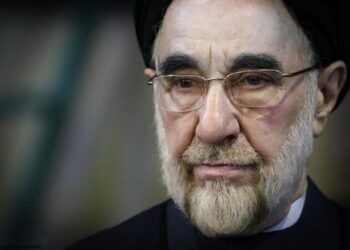March 20, 2016

A top leader of Yemen’s Shiite rebels issued a harsh rebuke of Iran last Thursday, calling on Tehran to stay away from the crisis in Yemen.
Youssef al-Fishi, a top military commander of the rebels known as the Houthis, asked Iranian officials to “remain silent” and “stop exploiting” the Yemeni civil war for their own interests.
Some thought the remarks, posted on al-Fishi’s Facebook page, was evidence that the Houthi-Tehran alliance might be coming apart at the seams.
Others, however, thought it represented Houthi recognition that the fact the Houthis are being tabbed as Shiites all across the Arab world and painted as lackeys of Iran may be prompting the Houthis to want to show themselves as parting ways with Iran, whether in fact they are or not.
The Houthis can garner support around the Arab world if they are seen as poor rebels opposing the rich, bullying Saudis. But as Shiites in an Arab world now riven by sectarian hatreds, they are finding little support.
The public rebuke of Iran came a day after Iranian Brig. Gen. Masud Jazayeri was quoted by Iran’s Tasnim news agency as saying the Islamic Republic is ready to help Yemen’s people “at any possible level.” The comment was in response to a question about whether Iran is ready to send military advisors to Yemen as it did to Syria.
The level of Houthi-Iranian cooperation remains unclear. The Houthi rebellion is a local phenomenon that drew only token amounts of Iranian support for a long time. Iranian media coverage of the civil war over the past year, however, shows very strong Iranian backing for the Houthis now. But the volume of Iranian aid in the form of funds, arms and training is unknown.
The Houthis have been accused of receiving weapons from Iran. There is little debate about that. But it is a question as to whether the Irabnin aid has ben on a mjor scale or merely token.
The Houthis took over the Yemeni capital of Sanaa in September 2014, and a Saudi-led coalition began airstrikes against the rebels in March 2015. It was the Saudi intervention that brought loud, public support for the Houthis from Tehran. Some say Iran’s primary interest isn’t in helping the Houthis but in entangling the Saudis in a costly war.
The Houthis are Zaidi Shi-ites. Yemen has long been part Sunni and part Shiite, but the country’s divisions have always been tribal rather than religious. The Zaidis provided the ruling family in Yemen for a thousand years until a 1962 rebellion ousted the monarchy.















